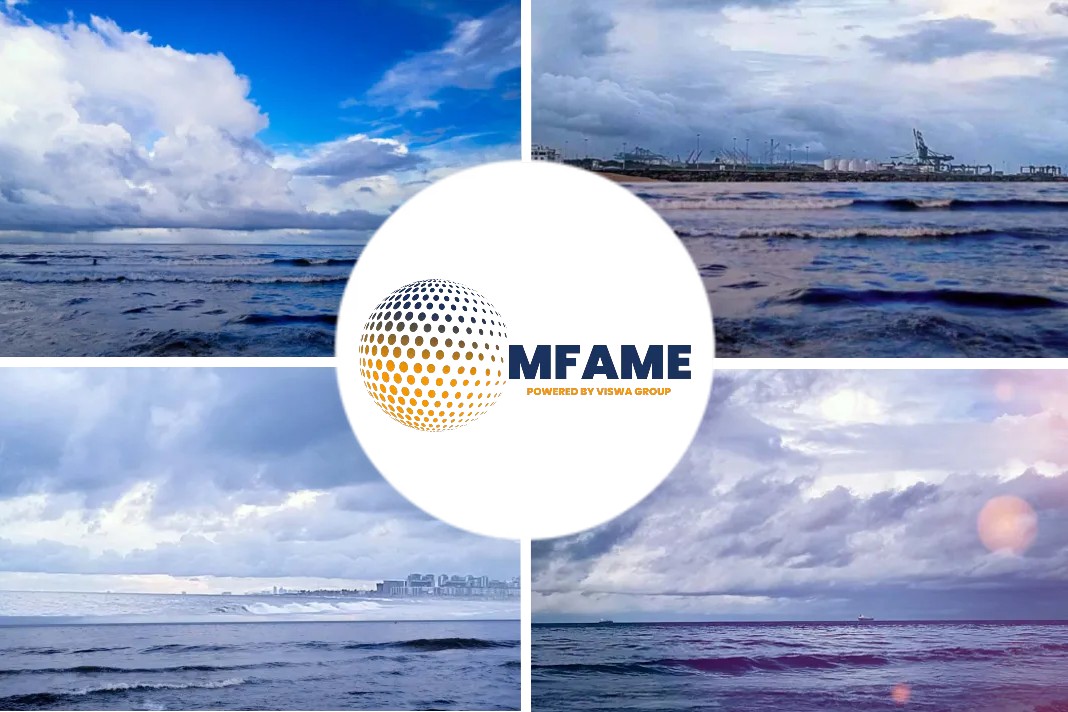- More than 200 industry leaders have endorsed strategies from the Mission Possible Partnership (MPP) .
- It is aimed at decarbonizing some of the world’s hardest carbon-intensive industries in this decade.
- Shipping sector also finds a place here.
New plans released at New York Climate Week for production of near-zero emissions materials – aluminum, ammonia and steel – have won support from more than 60 companies, bringing to more than 200 the tally of endorsements for MPP’s published Sector Transition Strategies (STS) which also include shipping, aviation and trucking.
Embarking on a Mission Impossible?
MPP, an alliance of leading organizations working to decarbonize hard-to-abate industries, presented two new STS reports for aluminum and ammonia, and an updated steel strategy, during World Economic Forum’s Sustainable Development Impact Meetings at Climate Week. “These transition plans are operationally relevant and industry-backed, not wishful thinking or pie in the sky. We know how to reduce emissions, initially deploying resources and technology available today. The imperative is to act now…” Matt Rogers, CEO of MPP, said. The signatories reflect growing momentum among high-ambition companies, including steelmakers ArcelorMittal, Companhia Siderúrgica Nacional (CSN), Liberty Steel, SSAB, Rio Tinto, Tata Steel, thyssenkrupp and Vale; aluminum producers Alcoa, Rio Tinto and EGA and in the ammonia sector, CF Industries, BASF, SABIC and Yara, as well as renewable energy providers Ørsted, Iberdrola and ACWA Power. These three sectors jointly contribute about 17% of global GHG emissions.
The Road to Decarbonization
Each strategy is premised on the deployment of available technologies by 2030, a date that looms near for industry incumbents operating old-economy assets. The reports detail specific requirements – with real-economy milestones – for clean energy, new or retrofitted industrial plants, and policy reform to meet sectoral carbon budgets aligned to the Paris Agreement goal to curb global heating to 1.5 degrees. In the steel sector, early progress in breakthrough projects and increased supply of near-zero primary steel are essential to remain within a Paris-aligned sectoral carbon budget.
Aluminum plays an enabling role in decarbonizing the world economy. MPP’s STS for primary aluminum would mobilize clean power, improved material efficiency and recycling at a cost of up to $1 trillion to reduce carbon emissions by 95%. MPP forecast demand for ammonia could increase six-fold by 2050, driven by new markets for green ammonia as a marine fuel and for power generation. The shipping sector has the potential to make or break demand for near-zero emissions of ammonia. Coordination by policymakers to adopt, certify and expand ammonia’s new application as a marine fuel will be critical to this transition.
Did you subscribe to our daily Newsletter?
It’s Free! Click here to Subscribe
Source: OffshoreEnergy
















